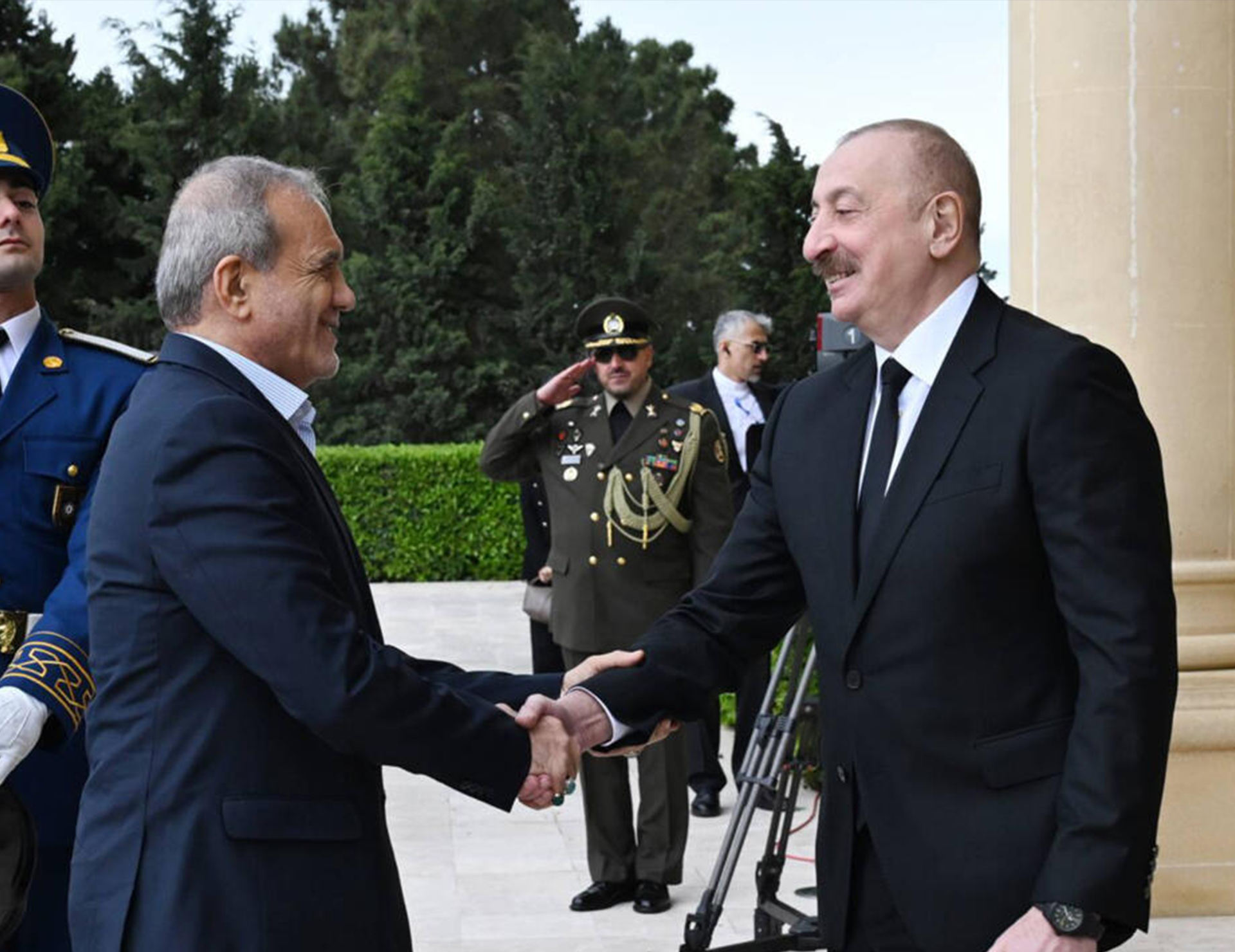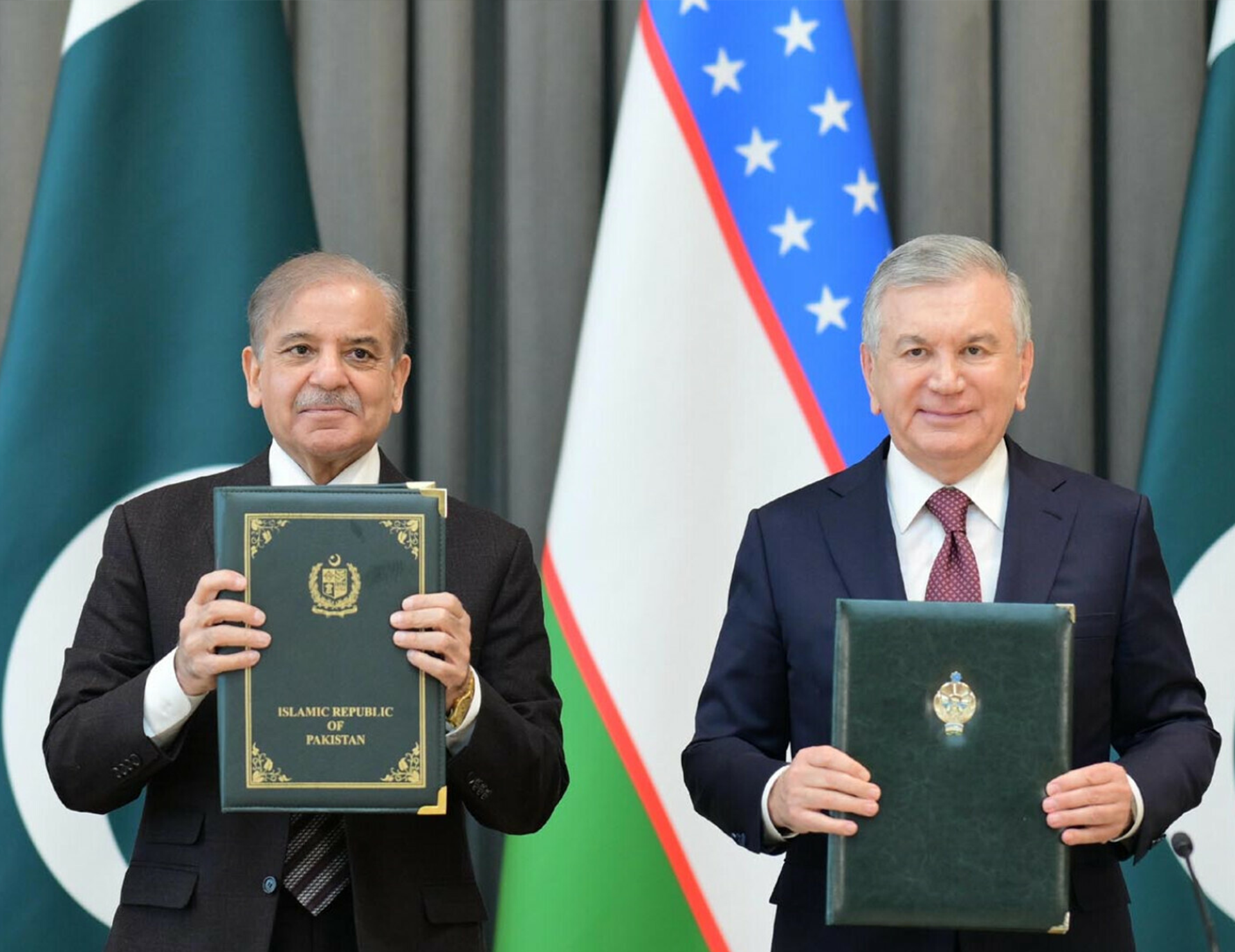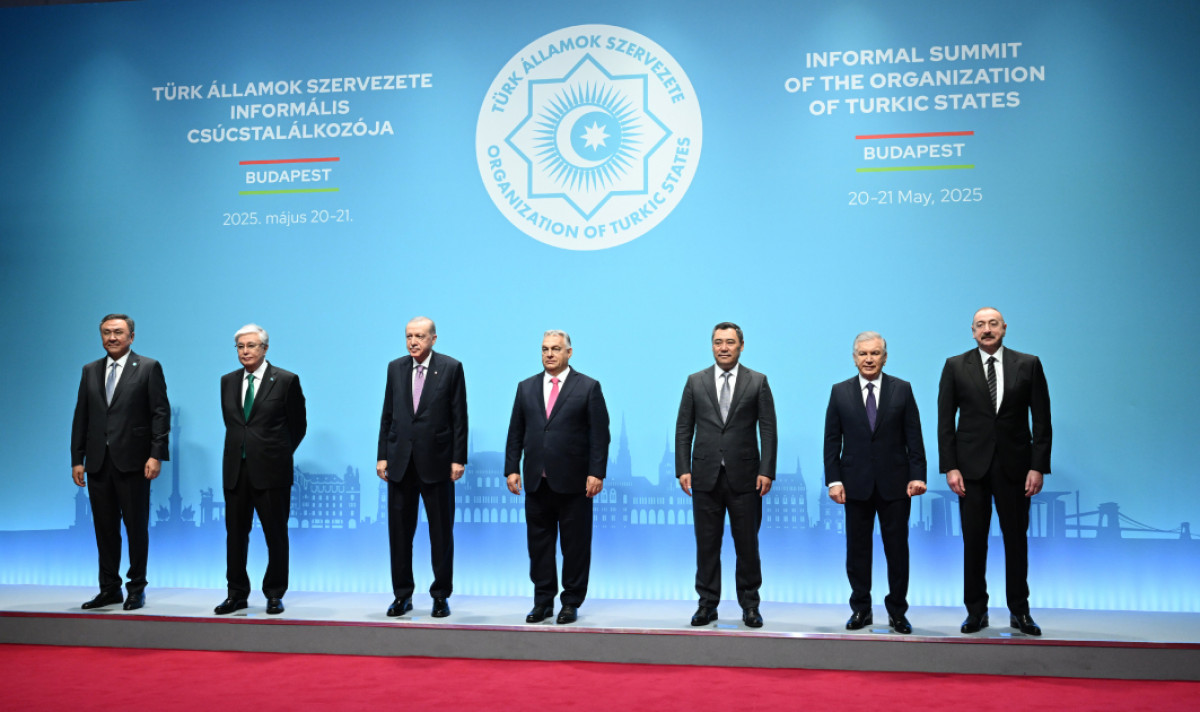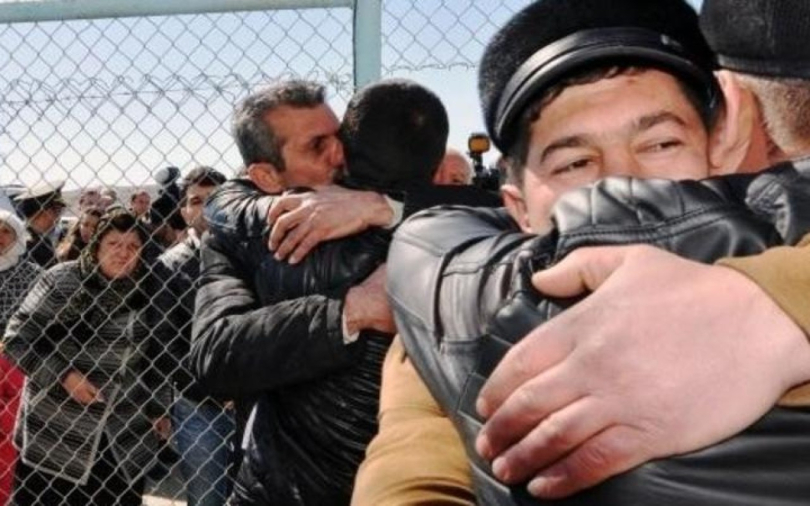It is important to emphasize that the OSCE Minsk Group, established in 1992 under the auspices of the OSCE, was intended to assist with the peaceful resolution of the Karabakh conflict. Its co-chairs were the United States, France, and Russia. However, over the course of three decades, the group failed to achieve any tangible results that would bring the parties closer to a sustainable peace. The conflict remained “frozen,” and the status quo only deepened mutual antagonisms.
A symbolic but important step
Peace talks between Armenia and Azerbaijan are being conducted directly, without intermediaries. This unique window of opportunity, opened through the political will of both sides, must be used to create a new architecture of security and economic cooperation in the region. The future of not only the two states but also the entire South Caucasus depends on the success of these negotiations. However, for this process to advance successfully, the dissolution of the OSCE Minsk Group is one of the necessary steps along the change in the preambule of the constitution of Armenia that reflects territorial claims to Azerbaijan. The dissolution of the OSCE Minsk Group would free the negotiation process from unnecessary external factors related to outdated formats and unilateral approaches, allowing the focus to remain on the real interests of the parties involved. Only by shedding the legacy of past contradictions can the path to genuine reconciliation and lasting peace be opened.
In this context, Armenia could take a major step by officially supporting the dissolution of the OSCE Minsk Group even before the peace treaty is signed, rather than insisting for this step to occur simultaneously with the conclusion of a peace agreement. Such a position would be perceived as a more sincere aspiration for peace in comparison to an approach that could appear as an attempt to avoid responsibility. Despite the symbolic nature of such a move, it would send an important signal to both Baku and the international community, affirming Yerevan’s readiness for a new agenda focused on peace, infrastructure development, and regional cooperation.
Otherwise, Armenia’s strategy of preserving the Minsk Group should be considered as part of a broader strategic approach. Although such an offer from the Armenian side might initially appear as constructive, the country might express its readiness to dissolve the group whilst relying on the assumption that no consensus would be reached. In this way, Armenia could maintain its image as a peace-seeking party despite avoiding real steps towards de-escalation.
An analysis of statements by Armenian officials supports this view, as their position often suggests that the dissolution of the Minsk Group may be impossible due to a lack of consensus among external actors. This was evident in Prime Minister Pashinyan’s statement on April 15 during his speech in parliament, where he said: “In the OSCE, decisions are made on the basis of consensus. If one member is against it,then this is already a basis for not making a decision. This means that everyone, including Armenia and Azerbaijan, must agree. Yet there is the question of whether all member states would agree to such a step”. He continued: “I confirm that along with the signing of the peace agreement, I am ready to sign a joint statement with Azerbaijan on the dissolution of the OSCE Minsk Group structures. However, I cannot guarantee that other countries would agree.”
Statements by Pashinyan, as well as subsequent events in 2024, confirm that Azerbaijan’s concerns are justified. In December 2024, the following scenario occurred: France and the United States, under President Biden’s administration, did not agree to the dissolution of the OSCE Minsk Group. It is important to note that it was specifically the position of the US that caused serious disappointment in Azerbaijan.
This fact was also confirmed by Dr. Farid Shafiyev, Chairman of the Board of the Center for Analysis of International Relations (AIR Center). In an interview, he stated: “At the 31st OSCE Ministerial Council meeting in Valletta, it was not only Armenia but also the United States and France that opposed the dissolution of the Minsk Group.” Dr. Shafiyev also outlined possible future scenarios, emphasizing that Armenia and France might coordinate their actions. According to him, Armenia could publicly agree to Azerbaijan’s proposal while France would actively block its implementation. He noted that such maneuvers could be pre-agreed between the two countries.
Therefore, Armenia must demonstrate sincerity not only towards Azerbaijan but also towards the international partners whose actions currently hinder the peace process. This, above all, concerns France. Through official diplomatic channels, Yerevan must clearly convey to Paris that any attempts to preserve outdated formats or interfere in the bilateral dialogue are unacceptable and run counter to the interests of the Armenian people themselves. Such a step would serve as an important indicator of Armenia’s readiness to move towards peace, without considering the foreign policy ambitions of third parties.
The role of Western countries
Establishing lasting peace in the South Caucasus also remains one of the top priorities of the international community, particularly the European Union. This is evidenced by the recent visit to Azerbaijan by the High Representative of the EU for Foreign Affairs and Security Policy, Vice-President of the European Commission, Kaja Kallas. Her visit highlights the EU’s growing attention to the region and its efforts to support stability and peaceful settlement.
Kaja Kallas’s visit clearly demonstrates the EU’s intention to play an active role in promoting the peace process and fostering constructive dialogue between countries in the region. The importance of her visit is also linked to the EU’s recognition of Azerbaijan’s crucial role in the Caspian-Black Sea region and its significance in ensuring Europe’s energy security. It is important to note that Azerbaijan supplies gas to ten European countries and plays a key role in the continent’s energy stability due to its strategically important geographical position.
In this context, it is vital that the efforts of the EU and the broader West are directed towards achieving real and tangible results in the region. Unfortunately, France’s actions, as an EU member, demonstrate an attempt to maintain influence in the South Caucasus by supporting one side of the conflict, whereas peace requires a balanced approach and the consideration of all interests. Such a policy is not a resource for resolution but a serious impediment to peaceful settlement.
Hence, France must reconsider its stance and transition from supporting unilateral initiatives to genuinely facilitating reconciliation between Armenia and Azerbaijan. Paris should not act as an obstacle to the constructive efforts of the two neighboring countries which are aiming to achieve fair and lasting peace.
Conclusion
The South Caucasus is a region of enormous potential, able to serve as a strategic bridge between Europe and Central Asia. Today, it faces a real opportunity to become a key logistics and energy hub connecting the East and West. The Zangezur Corridor initiative, along with other projects in infrastructure and energy, opens up entirely new horizons for development and cooperation for all countries in the region, including Armenia.
In this context, Armenia has a historic opportunity to demonstrate its commitment to peace not only through words but also in practice. Dissolving the OSCE Minsk Group could be one such step. It would not be a sign of retreat but a gesture of readiness for a new regional policy based on trust, openness, and responsibility. Abandoning outdated formats does not mean isolation; it is an invitation to build a new architecture of peace and cooperation in the South Caucasus.
A statement by Armenia on the dissolution of the Minsk Group would send a clear and encouraging signal to the entire region. It would confirm Yerevan’s readiness to maturely adopt responsibility for the future of the South Caucasus and open the path towards building a new atmosphere of trust, cooperation, and mutual benefit.





